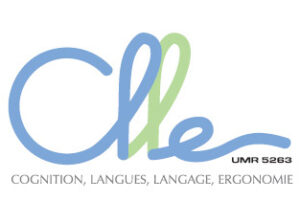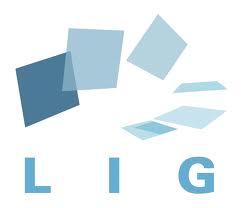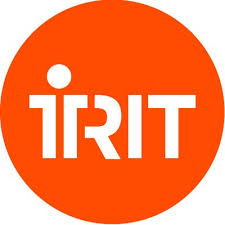Context
Search engines, and more generally search systems, are the main access to a world-scale digital library, allowing people to achieve search tasks. Within the democratization of information trend, many people and organizations (e.g., businesses, decision-makers, governments and domain scientists) became producers and consumers of information and knowledge. As a result, the range and level of complexity of search tasks significantly increased from simple ones like fact finding, to more intensive knowledge oriented tasks like hypothesis-directed search for medical diagnosis or human learning for educational purposes. Such tasks span multiple sessions, require sustained user-system interaction, engagement with information and are structured in multiple subtasks and/or multiple topics. While search systems today are very efficient for simple look-up information tasks (fact-finding search), they are unable to guide users engaged in complex search processes.
Hence, paradoxically, while we consider information search nowadays to be ‘natural’ and ‘easy’, search systems are not yet able to provide adequate support for achieving a wide range of real-life work search tasks. In the CoST project, we envision a shift from search engines to task completion engines by dynamically assisting users in making the optimal decisions empowering them to achieve multi-step and highly cognitive search tasks. Th is triggers the need for (1) more predictable and automatic models of user-system interaction and search tasks and, (2) more task-oriented information access models.
Objectives
- Modelling patterns of search behaviour from user interactions: understanding and modelling user behaviour within a complex search task is a key step for modelling the task itself. Unlike prior query-driven predictive models which rely on elementary user interaction facets (e.g., click models), we plan to mine high-level user behaviour patterns by jointly relating multiple observable user interactions (e.g., query reformulation, clicks) to both subtasks and task attributes (e.g., level of cognitive complexity) and user’s cognitive context (e.g., domain knowledge). At the subtask level, we hypothesize that similar subtasks are performed
- Learning representations of complex search tasks. By analogy with the importance of query and document representation in traditional IR models, this step is fundamental for designing task-based information access models. Recent work tackled the problem of task representation from the perspective of discovering coherent successive queries in search sessions Our perspective in the CoST project is radically different since we attempt to build the representations of tasks that support their completion based on system-driven assistance.
- Designing task-driven information access models. We consider here the problem of matching information relevance with task completion. Only a very few and recent work tackled this challenge in the context of specific tasks. Our aim in the CoST project is to provide solutions to generic complex search tasks by relying on their learned representations and understanding of cognitive user’s search abilities.
Partners
 |
 |
 |
 |